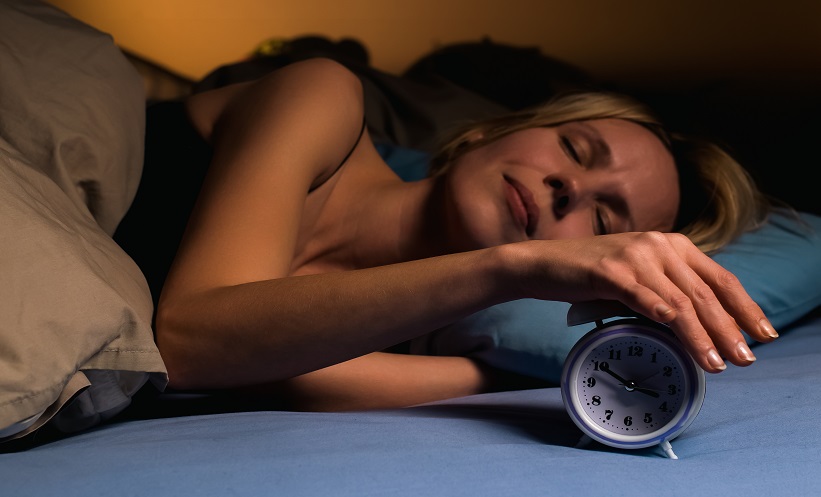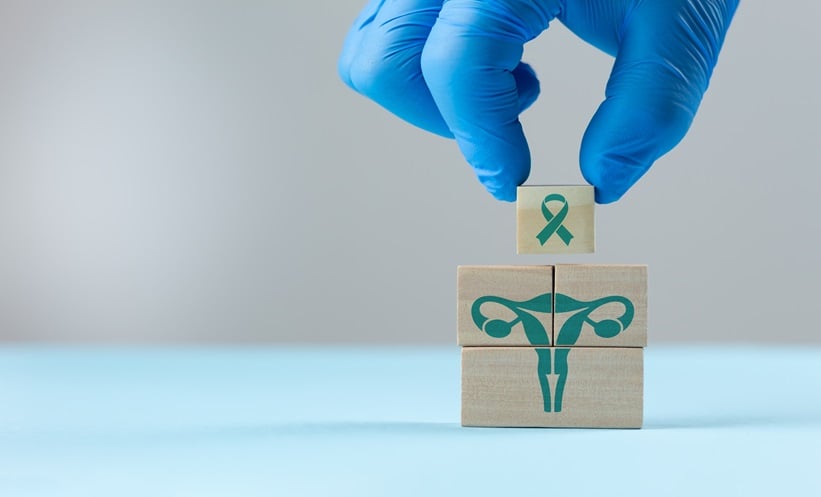A new study has found that tailored lighting interventions based on wearable-tracked circadian rhythms can help reduce fatigue and improve wellbeing in cancer patients.
In a randomised controlled trial involving 138 patients with breast cancer, prostate cancer, or those undergoing haematopoietic stem cell transplants, researchers tested whether circadian-based lighting delivered via a mobile app could reduce cancer-related fatigue. Participants were assigned either to the personalised lighting intervention or a control group.
Although overall fatigue scores at week 11 did not significantly differ between the two groups, those in the intervention arm experienced a meaningful reduction in fatigue T-scores from week 1 to week 11 (a drop of 3.07 points; p=0.001), with a statistically significant treatment effect observed in the final week (p=0.014).
Patients receiving the lighting intervention also reported improvements in daily fatigue, anxiety, sleep disturbance, and physical function, highlighting the broader benefits of circadian-aligned light exposure during cancer treatment and recovery.
The intervention was guided by wearable devices that tracked patients’ circadian rhythms, allowing light exposure to be personalised for each individual’s biological clock.
These findings suggest that lighting, a non-invasive and low-risk intervention, may be a promising tool to support symptom management in oncology care. Researchers note that further studies are needed to confirm whether these results can be generalised across wider cancer populations.
Reference
Mayer C et al. A circadian and app-based personalized lighting intervention for the reduction of cancer-related fatigue. Cell Rep Med. 2025;6(3):102001.








